College of Human Sciences
From unfledged to fully-fledged academics
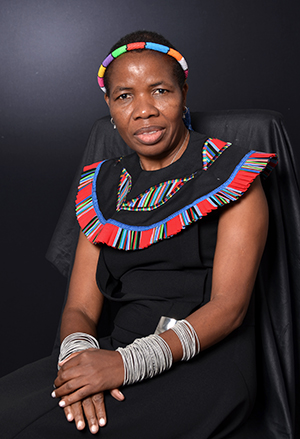
Prof Azwihangwisi Mavhandu-Mudzusi (Head: Postgraduate Studies and Research, CHS) is making it easier for newly graduated doctors to follow in her research footsteps through the research postdoctoral incubation programme she initiated.
Prof Azwihangwisi Mavhandu-Mudzusi, the Head of Postgraduate Studies and Research in the College of Human Sciences (CHS), initiated a research postdoctoral incubation programme for Unisans who have recently attained their doctoral degrees. This seeks to mentor, coach and groom newly graduated doctors in crucial research and supervision activities.
In 2012, Mavhandu-Mudzusi joined Unisa from the clinical field as an HIV/AIDS coordinator at the University of Venda. She illustrated: "When I arrived in the Department of Health Studies, I was expected to function as a fully-fledged academic who should publish articles in accredited journals, supervise master’s and doctoral students to completion, apply for grants, become NRF rated, conduct research both as an individual or collaboratively, and integrate my research into teaching and learning, community engagement and academic citizenship." In most instances, she recalled, "I had to forge my way through trial and error or just through luck, depending on the calibre of supervisors or mentors I had."
Some of her discoveries were academics who were only exposed to the supervision and research style of their superiors. This she noticed as a member of the Department of Health Studies Scientific Review Committee and College of Human Sciences Research Ethics Committee. Mavhandu-Mudzusi said "creative students with a different research methodology might be delayed in the system unnecessarily as the reviewer is not familiar with the design used by the student." Furthermore, she realised that most of the studies conducted by the students become a replica of the supervisor and supervisor’s promoter as the only "correct design".
Adding to this, Mavhandu-Mudzusi checked the college research profile and National Research Foundation (NRF) rating. She then discovered that the academics producing research output or who are NRF rated are individuals who have been in academia for more than 20 years, the majority of whom are aged 55 to 65 years. She explained that the late preparation for rating is caused by lack of research focus as nobody provides guidance early in an academic career regarding NRF rating readiness. These issues in the university prompted her to start this initiative to change the research picture of the college.
Fortunately, she noted, she was given the opportunity of becoming Head of Graduate Studies and Research of the College of Human Sciences. "That gives me the authority to come up with a vision to change the college research landscape. Thus, this project, which I am coordinating with Dr Thuli Shandu-Phetla, a senior lecturer from the Department of English Studies, to ensure skills transfer and sustainability of the programme."
Using the "business incubator" model, the programme will assist in grooming doctoral graduates into successful and effective academics who will contribute to the research agenda of the university. For 24 months, the cohort will hold bi-monthly sheltered research cafés and writing retreats facilitated by expert researchers with the following focus areas: excellence in academia, research ethics, writing articles and publishing in high-impact journals, focus on advanced academic writing, successful supervision, grant applications, research project management, attending presentations by research influencers, peer support and strategic collaboration activities.
The eligible candidates should have completed a doctorate within the past three years or submitted their PhD thesis for examination. Regarding the outputs, it is expected that the participants will produce at least two research outputs in the duration of the programme, supervise at least master’s or doctoral students to make substantial progress in studies or completion, and have at least one successful research grant.
The programme was officially launched on 26 February 2020. Since the launch, the incubates, as they are known, are supported continuously with research-related materials, webinar links and workshops. Through these interventions, participants are expected to identify funders and apply for the grants with the help of college experts.
* By Lesego Ravhudzulo, Journalist, Department of Institutional Advancement
Don’t shelve your PhD!
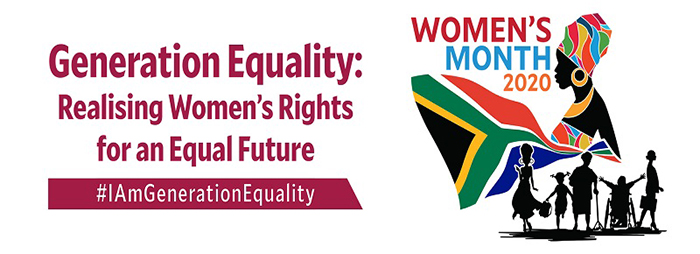
Publish date: 2020-08-27 00:00:00.0


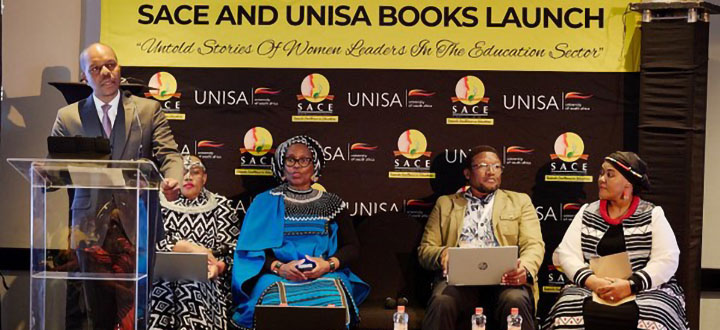 WiLM project culminates a vision for transformation in education
WiLM project culminates a vision for transformation in education
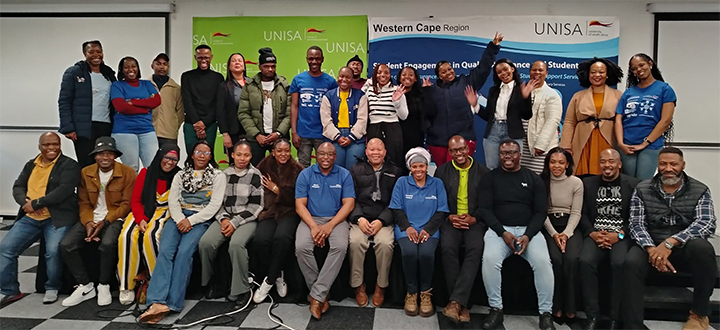 CAS students take centre stage in shaping academic quality and support
CAS students take centre stage in shaping academic quality and support
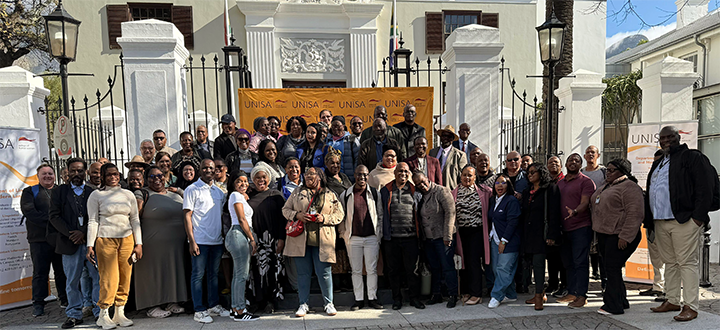 Unisa engaged scholarship project heads to parliament
Unisa engaged scholarship project heads to parliament
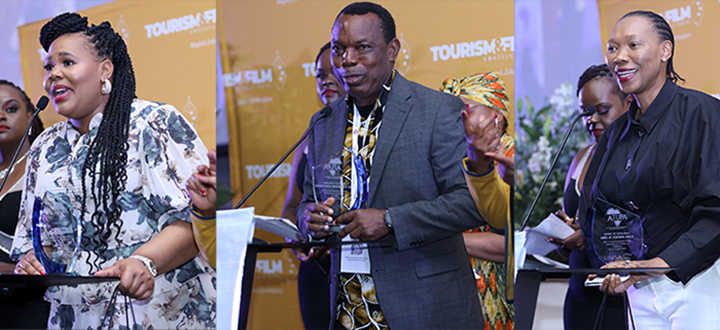 Unisa and ATUPA recognise researchers for ingenuity and innovation
Unisa and ATUPA recognise researchers for ingenuity and innovation
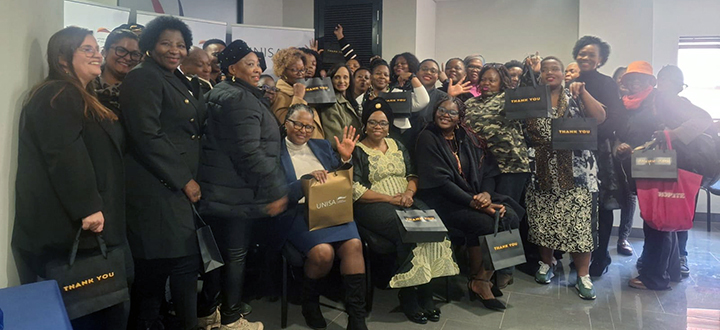 Recognising the unceasing resilience of women
Recognising the unceasing resilience of women